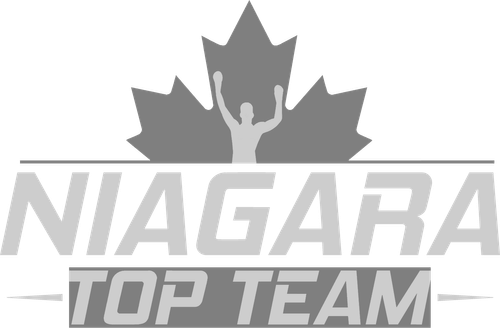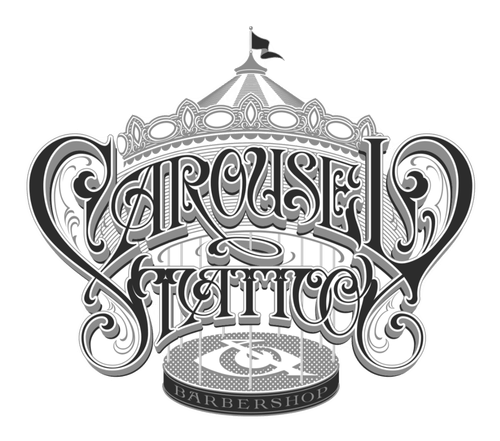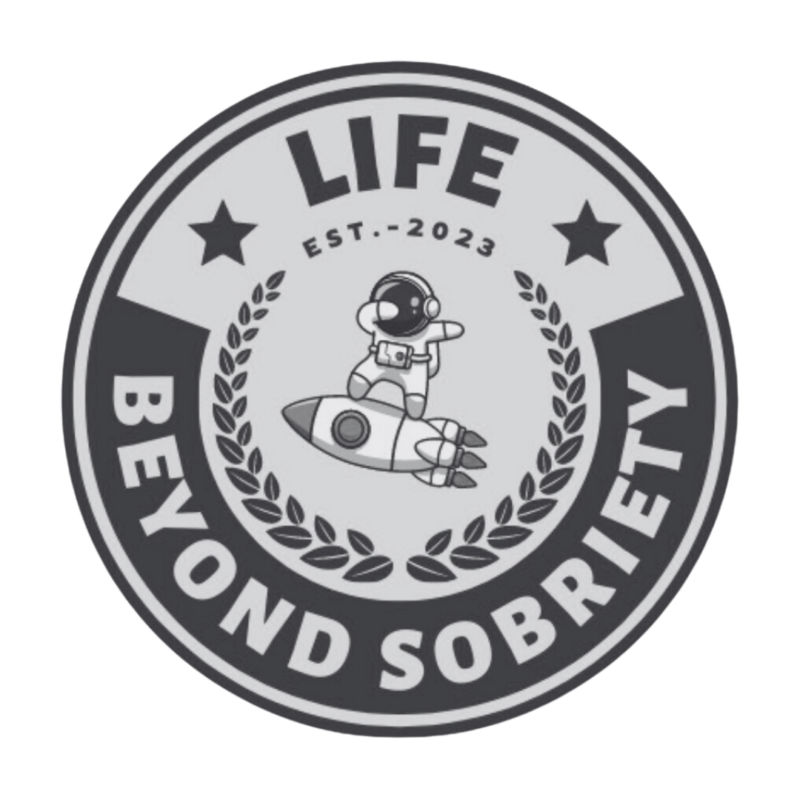Holistic Drug Treatment
Holistic drug treatment in Ontario, Canada emphasizes treating the entire person rather than just the symptoms of addiction. This method incorporates physical, emotional, psychological, and spiritual aspects of recovery to offer a more comprehensive healing process. It recognizes that addiction is a multifaceted issue that impacts various spheres of life.
Traditional treatment methods often focus solely on detoxification and medical interventions. However, holistic approaches seek to address mental health issues, stress factors, and lifestyle changes to provide a more rounded recovery path. These treatments aim to build a foundation of well-being that supports a sustainable, fulfilling life in sobriety.
The goal is to empower individuals to take control of their health and recovery journey. By addressing the root causes of addiction, holistic methods aim to not only mitigate immediate symptoms but also prevent future relapses by fostering resilience and self-awareness.
Role of Personal Experience in Recovery
At Twelve Mile Recovery, personal insights from individuals with long-term recovery bring an invaluable dimension to treatment. Having traversed the challenges of addiction themselves, team members provide empathy, understanding, and practical strategies that resonate deeply with clients. Their stories inspire hope and motivation, demonstrating that recovery is indeed achievable.
These personal experiences allow for a more personalized treatment approach, as practitioners can connect with clients not only professionally but personally. They offer guidance on overcoming hurdles through real-life examples, creating a supportive environment that encourages openness and trust.
Trauma-Informed Care
Trauma-informed care is a critical component of the holistic drug treatment approach. Many individuals struggling with addiction have experienced past traumas that influence their substance use. Acknowledging this, Twelve Mile Recovery integrates trauma-informed practices into their treatment framework.
This approach involves creating a safe and supportive atmosphere where individuals feel secure to explore their experiences and emotions. By recognizing the pervasive impact of trauma on behavior and addiction, the treatment center can tailor interventions to address these deeper issues, facilitating more meaningful recovery outcomes.
Trauma-informed care also involves empowering clients to engage with their healing process actively. By providing tools and therapies that promote self-regulation and coping skills, individuals are better equipped to manage stressors without resorting to substance use.
Evidence-Based Therapies and Holistic Modalities
Cognitive-Behavioral Therapy (CBT)
Cognitive-behavioral therapy is a cornerstone of evidence-based practice in addiction treatment. It helps individuals identify and change maladaptive thought patterns and behaviors related to substance use. At Twelve Mile Recovery, CBT is integrated with holistic modalities to enhance therapeutic outcomes.
Mindfulness and Yoga
Mindfulness and yoga practices are integral to holistic drug treatment. These techniques promote relaxation, self-awareness, and emotional balance. By engaging in mindfulness and yoga, individuals learn to manage cravings and stress non-judgmentally, fostering greater emotional resilience.
Martial Arts as Therapy
Incorporating martial arts into treatment offers unique benefits, such as building discipline, focus, and emotional regulation. This creative approach aligns with the holistic model by addressing both physical and mental wellness, thereby supporting a balanced recovery journey.
Community and Peer Support
Community and peer support are vital in creating a nurturing environment for recovery. Twelve Mile Recovery emphasizes the importance of building connections and shared experiences among clients. Participating in group therapies and activities fosters empathy, understanding, and collective healing.
Peer support offers a platform for individuals to learn from others who have faced similar challenges, reinforcing a sense of belonging and mutual encouragement. This interaction builds a strong support network that extends beyond the treatment program, aiding in maintaining long-term sobriety.
Engagement in community activities also helps individuals reintegrate into social settings positively, preparing them for life beyond treatment. Building these relationships within a supportive environment often leads to lasting friendships and continued recovery support.
Individualized Treatment Plans
Recognizing that each individual’s journey with addiction is unique, Twelve Mile Recovery designs personalized treatment plans that cater to specific needs and preferences. This bespoke approach ensures that clients receive interventions that resonate with their personal and cultural backgrounds, values, and recovery goals.
Individualized plans may include a mix of therapies, activities, and supports tailored to promote overall well-being. By customizing treatment, the center can enhance engagement and effectiveness, leading to more successful recovery outcomes.
Benefits of Integrating Holistic Approaches
Incorporating holistic approaches into addiction treatment provides several advantages for individuals seeking recovery. Treatments that address the mind, body, and spirit simultaneously create a more harmonious healing experience, enabling clients to gain a deeper understanding of themselves.
- Comprehensive Care: Addressing multiple dimensions of well-being leads to more substantial and sustained recovery outcomes.
- Resilience Building: Holistic therapies promote self-awareness and coping skills that empower individuals to face life challenges without substances.
- Enhanced Emotional Regulation: Tools like mindfulness and yoga help individuals manage emotions and stress effectively.
Holistic drug treatment Ontario Canada supports a proactive rather than reactive approach to addiction recovery, allowing individuals to anticipate and manage triggers in a healthy manner.
Support Services for Continuous Recovery
Twelve Mile Recovery recognizes the importance of ongoing support for individuals post-treatment. The center offers various services to ensure seamless transitions back into daily life. These include recovery counseling, support groups, and online resources that help individuals maintain their sobriety.
Continuing care plans also emphasize the development of life skills necessary for building a healthy and balanced lifestyle. By providing these resources, clients receive ongoing guidance and reinforcement of the skills acquired during treatment.
The organization understands that recovery is an ongoing journey and offers the necessary tools and support to facilitate sustained success. This commitment extends a network of care beyond the treatment center, fostering a lifelong journey of growth and healing.
Navigating the Challenges of Addiction Recovery
Recovery from addiction is a complex and challenging process that requires dedication and support. Twelve Mile Recovery provides individuals with strategies to navigate these challenges effectively. This involves equipping clients with emotional and practical tools to deal with potential triggers and life stressors.
The center’s holistic drug treatment in Ontario, Canada, offers a journey of empowerment, encouraging individuals to take charge of their healing process. By fostering a sense of agency, clients are better positioned to overcome obstacles and pursue their recovery goals with confidence.
By blending traditional therapies with innovative holistic practices, Twelve Mile Recovery creates a robust framework for addressing the multifaceted nature of addiction. This comprehensive approach not only helps individuals break free from substance dependence but also supports them in embracing a life of wellness and purpose.
What is the holistic approach to addiction?
The holistic approach to addiction involves treating the person as a whole, integrating not just the physical aspects of addiction, but also catering to mental, emotional, spiritual, and social dimensions. At Twelve Mile Recovery, this means recognizing the multifaceted nature of addiction where factors like stress, trauma, and mental health issues interplay. Holistic practices include combining traditional therapies like cognitive-behavioral therapy with activities such as mindfulness, yoga, and even martial arts to promote emotional resilience and physical well-being. This comprehensive care empowers individuals to understand and address the root causes of their addiction, fostering a more profound and enduring recovery journey. A real-life scenario would be a client learning mindfulness to cope with stressors, which might previously have triggered substance use. This self-awareness can be a game-changer in sustaining sobriety.
Is rehab covered in Canada?
Yes, addiction treatment, including rehab, is generally covered by provincial health care plans in Canada, though the specifics can vary by province. In Ontario, for example, services that are part of the public health care system are typically funded, but private facilities may require out-of-pocket expenses or private insurance coverage. At Twelve Mile Recovery, the team assists potential clients in understanding what aspects of their treatment might be covered and explores various financial options to ensure that individuals can access the help they need. It’s advisable to check with your provincial health plan or the facility itself to understand what coverage you have. Have you checked your specific province’s guidelines on health care coverage for addiction services?
What is the holistic model of recovery?
The holistic model of recovery views addiction as a complex interplay of factors affecting an individual’s entire being. At Twelve Mile Recovery, this model is about integrating physical, mental, and spiritual healing. It appreciates the individual journey of each person, tailoring treatment plans to meet diverse needs through a blend of therapies and support systems. By combining trauma-informed care with physical activities like martial arts and mental practices like mindfulness, clients not only overcome addiction but also acquire skills for emotional regulation and stress management. This model fosters a sense of empowerment, helping individuals rediscover themselves and lead fulfilling lives post-recovery. Imagine a person who uses yoga from their recovery plan to find calm and clarity in daily stresses–a practical embodiment of this holistic model.
How do personal experiences enhance addiction treatment?
Personal experiences profoundly enhance addiction treatment by bringing authenticity and relatability to therapeutic interactions. At Twelve Mile Recovery, staff members who have personal experience with addiction offer empathy and understanding that textbooks alone can’t provide. These shared experiences can instill hope and motivate clients. For instance, a counselor sharing their journey through addiction and recovery can resonate deeply with a client who feels isolated. It helps normalize their feelings and encourages open dialogue. This unique connection–which blends professional knowledge with personal insights–can bridge gaps in understanding and foster a healing environment where clients feel truly seen and heard. Consider how transformative it is when you connect with someone who truly ‘gets’ your journey.
Why is trauma-informed care important in recovery?
Trauma-informed care is crucial in recovery as it acknowledges and addresses the underlying trauma that often coexists with addiction. At Twelve Mile Recovery, integrating trauma-informed care means creating a safe, supportive environment where individuals can explore their traumatic experiences without fear of re-traumatization. By understanding how past trauma affects behavior and substance use, therapies can be tailored to address these issues more effectively. This approach empowers individuals to gain control over their responses to stress and develop healthier coping mechanisms. Clients learn to navigate their emotions, reducing the need for substances as an escape. Trauma-informed care is about validation and empowerment, helping individuals build resilience and achieve lasting recovery. Do you think understanding past traumas could change how you approach challenges in life?
How does peer support contribute to sustained recovery?
Peer support plays a vital role in sustained recovery by providing a sense of community and shared understanding. At Twelve Mile Recovery, peer support allows individuals to connect with others who have traversed similar paths, reducing feelings of isolation and encouraging mutual encouragement. Participating in group activities and therapy sessions helps clients learn from each other’s experiences, fostering an environment of empathy and support. This network of peers serves as a crucial support system beyond the treatment center, aiding in maintaining sobriety and preventing relapse. Building relationships with peers can lead to lifelong friendships and create a lasting support system. Have you ever found strength in someone else’s journey? It’s amazing how shared experiences can reinforce our own resolve.
Resources
- Substance Abuse and Mental Health Services Administration (SAMHSA) – SAMHSA is a government agency that leads public health efforts to advance the behavioral health of the nation. They provide resources, programs, and information related to substance abuse and mental health treatment.
- National Alliance on Mental Illness (NAMI) – NAMI is a nonprofit organization dedicated to improving the lives of individuals and families affected by mental illness. They offer education, support, and advocacy for mental health issues, including addiction.
- National Institute on Drug Abuse (NIDA) – NIDA is a research-focused organization that works to advance the science on drug abuse and addiction. They provide valuable information on the latest research, treatment approaches, and trends in the field of addiction.
- American Psychological Association (APA) – The APA is the leading scientific and professional organization representing psychology in the United States. They offer resources on mental health, addiction treatment, and evidence-based therapies.












